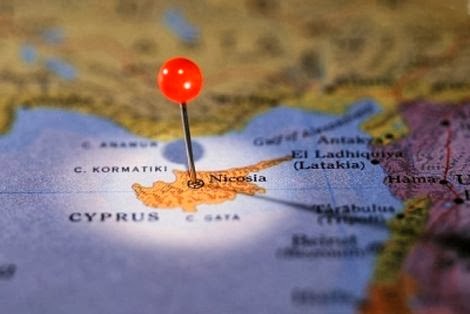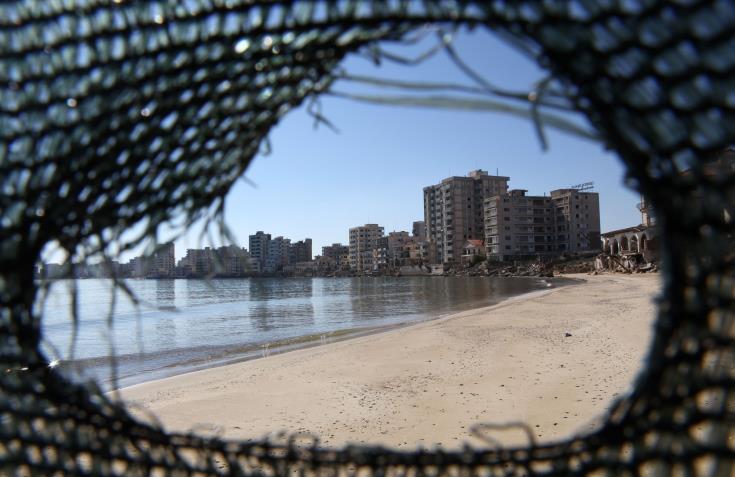
Statement by the General Secretary of AKEL A. Kyprianou with regards the Opinion of the International Court of Justice in The Hague on the case of Mauritius
AKEL C.C. Press Office, 26 February 2019, Nicosia
The Opinion of the International Court of Justice (ICJ) in The Hague on Mauritius, upon the relevant demand of the UN General Assembly, despite its non-binding nature, is indisputably of tremendous importance and has obvious serious implications, particularly as regards the status of the British bases in Cyprus. With 13 votes in favour and 1 against, the Court found that the process of decolonization of Mauritius was not lawfully completed. The separation of Chagos Archipelago from the territories of Mauritius prior to its independence violates fundamental principles of international law and related resolutions, which prohibit the separation of a colony before its independence. That is precisely why the Court has concluded that the United Kingdom is under an obligation to immediately end its administration of the Chagos Archipelago.
Given that the independence of the Republic of Cyprus too was completed with a separation of part of our territories by Great Britain, the importance of the opinion of the International Court of Justice for the Republic of Cyprus is considered to be self-evident without, however, ignoring the differences as well such as, for example, the fact that the agreement in the case of Mauritius had been drawn up before it gained independence, whereas formally in our case it was the Republic of Cyprus that signed the Treaty of Establishment.
AKEL had since 1991 submitted to the National Council an analysis in which we stressed, inter alia, that the recourse to the UN General Assembly to ask for an opinion from the International Court of Justice is a potential tool we do have when we judge the time is right to challenge the legitimacy of the presence of the British bases on the territory of the Republic of Cyprus.
AKEL has always underlined that the presence of military bases on the territory of independent states as a remnant of colonialism constitutes a violation of the territorial integrity and sovereignty of states. It constitutes a challenge to international law and represents a violation of the principles of the UN Charter itself. We continue to project this position today too through a multitude of activities we organize, both within and beyond the borders of Cyprus.
As to when we will follow the path of Mauritius, which has demonstrably represents a serious weapon in our array of resources, this is a purely political decision. This decision must be taken at the best moment available, given that, unlike Mauritius, we have to face, among other things, the illegal Turkish occupation of 37% of our territories.




